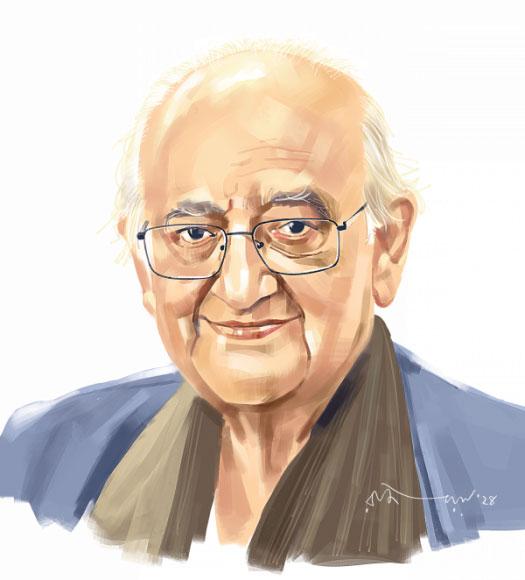Originally posted in The Business Standard on 7 December 2024

The eminent economist blamed the long-prevailing political and social structural problems that caused “malgovernance” and created crony capitalism, which later gave rise to many oligarchs
The root causes of inequality should be analysed for corrective actions through reforms, said Professor Rehman Sobhan, chairman of the Centre for Policy Dialogue.
The eminent economist blamed the long-prevailing political and social structural problems that caused “malgovernance” and created crony capitalism, which later gave rise to many oligarchs.
Redistribution of asset ownership, parity in the education system and a countrywide distribution of development were among his suggestions to address inequality issues.
He was speaking on the subject, “Agenda for Economic and Social Reforms,” organised by the Bangladesh Institute of Development Studies (BIDS) in the capital today (7 December).
Despite Bangladesh’s remarkable achievements in economic growth, poverty alleviation and many other indicators, inequality has emerged as a major concern, he said, suggesting that analysts should address its root causes.
“The structural problems, which originated in state failure in many areas, need to be taken into account to come up with an agenda of reforms. Seeing this as mere regulatory failure would be a serious underestimation of the nature of the problem we face.”
He also wondered how economic achievements occurred over the years despite such governance problems.
Excessive power concentration at the apex positions of political parties, the government and parliament without effective opposition, and the over-representation of businessmen in the legislature were major sources of the structural problems in politics, according to him.
Amid a race for money and power, the legislature’s failure to deliver and take corrective actions deepened the governance crisis and aggravated crony capitalism during one and a half decades of Awami League government, he said, adding that the structural problems being discussed now are decades-old phenomena in Bangladesh.
Default loans, state subsidies and tax exemptions all contributed to wealth concentration among a few individuals, which is not reflected in inequality measurement indicators like the government’s Household Income and Expenditure Survey (HIES).
HIES considers assets worth Tk10 lakh and a monthly income of Tk30,000 as the minimum threshold to be in the top tier of wealthy people, and even a driver meets those criteria.
Tax files were once a good data source for measuring inequality, but that is no longer the case due to the emergence of a large group growing their wealth beyond the radar, concentrating significant political, social and economic power, according to Rehman Sobhan.
Unlike in many other countries, state-owned enterprises in Bangladesh have failed to act as a corrective factor against market failures due to governance problems, he added.
“Equality, Opportunity, Freedom and Dignity: Restructuring Institutions for Equitable and Sustainable Development” was the theme of the programme at the Annual BIDS Conference on Development 2024.



